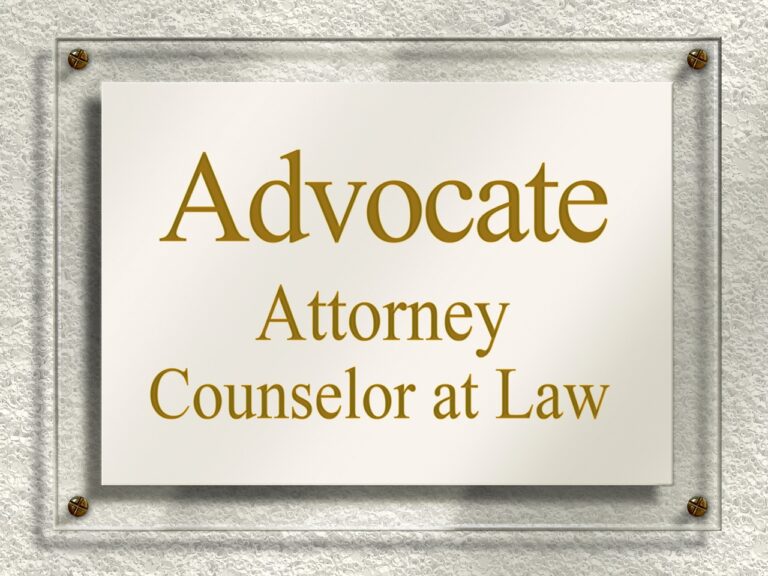Employment Law: A Comprehensive Guide
Employment law is a complex and ever-changing field that governs the relationship between employers and employees. Understanding your rights and responsibilities is crucial for both parties. This comprehensive guide will provide you with an in-depth overview of employment law, covering key aspects and practical considerations.
Types of Employment Law Cases
Discrimination
Discrimination in the workplace based on protected characteristics (such as race, gender, age, or disability) is illegal. Cases may involve:
- Hiring and firing practices
- Promotions and demotions
- Compensation and benefits
- Harassment
Wrongful Termination
Wrongful termination occurs when an employee is discharged without a valid reason or in violation of employment laws, including:
- At-Will Employment: Employees can generally be terminated without cause, except for certain protected classes or contract violations.
- Good Cause Terminations: In some states, employers must have a legitimate reason for firing an employee.
Wages and Hours
Employment law ensures fair compensation and working conditions for employees. Cases may involve:
- Minimum Wage: Employers must pay employees a minimum hourly wage set by law.
- Overtime Pay: Employees are entitled to overtime pay for hours worked beyond 40 hours per week.
- Wage and Hour Violations: Misclassification of employees as exempt or independent contractors can lead to wage theft.
Harassment and Bullying
Harassment and bullying create a hostile work environment and are illegal. Cases can include:
- Verbal or Physical Harassment: Unwelcome or threatening conduct based on protected characteristics or personal attributes.
- Cyberbullying: Online harassment using electronic devices.
Retaliation
Retaliation occurs when an employer takes adverse action against an employee who reports discrimination, harassment, or other illegal behavior.
Benefits of Hiring an Employment Lawyer
Legal Expertise
Employment lawyers have a deep understanding of employment laws and regulations, ensuring you comply with all applicable requirements.
Representation in Disputes
If you face legal issues, an employment lawyer can represent you in negotiations, mediations, and court proceedings to protect your rights.
Prevention and Compliance
Employment lawyers can advise you on policies and practices to prevent legal violations and maintain a positive work environment.
Peace of Mind
Knowing that you have an experienced legal professional on your side can provide peace of mind and security.
Practical Examples of Employment Law
- Discrimination Case: An employee files a lawsuit after being denied a promotion due to her pregnancy.
- Wrongful Termination Case: A manager is fired without being given a reason, claiming she was a victim of age discrimination.
- Wage and Hour Violation: A company is found to have misclassified its workers as independent contractors, resulting in wage theft.
- Harassment Case: An employee sues after being subjected to sexual harassment by a supervisor.
- Retaliation Case: A whistleblower is fired after reporting concerns about safety violations.
Conclusion
Employment law is essential for maintaining a fair and equitable workplace. By understanding the key provisions and seeking professional advice from an employment lawyer, both employers and employees can navigate the complexities of this legal landscape. Protecting your rights and complying with employment laws can not only prevent costly disputes but also foster a positive and productive work environment.
























